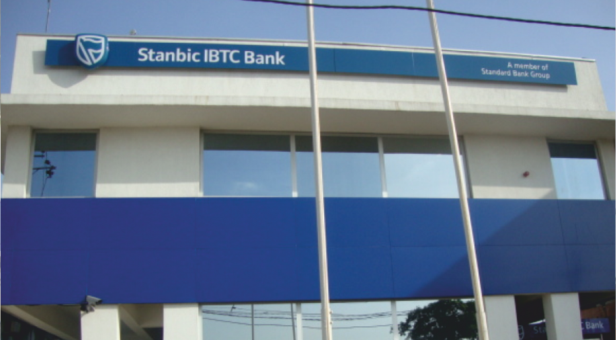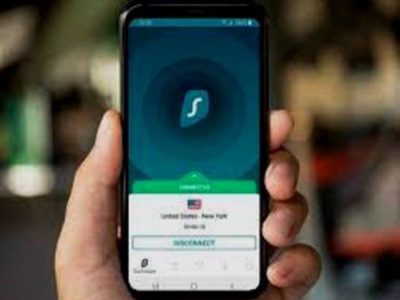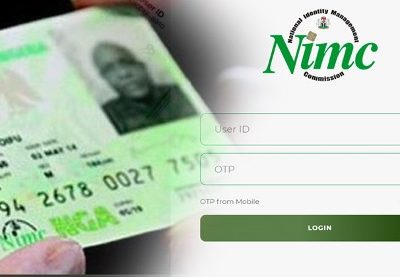By Oluwatobi Opusunju
Stanbic IBTC Bank and some other banks have started demanding for National Identification Number (NIN) as Nigeria strengthens its race to having a digital identity for her citizens. The NIN is a set of unique numbers issued by the National Identity Management Commission (NIMC) to individuals/citizens who have registered with it. The NIMC captures the digital identity of all citizens and issued them the NIN as their unique digital identity.
“Dear Customer, please be informed that the use of the National identification number (NIN) has been made mandatory by NIMC and you will be required to present your NIMC card or slip to enjoy certain financial services. Please call 014222222 for more information,” Stanbic IBTC wrote its customers this week as the bank begins implementation of the ‘no NIN no financial services’ policy.
The NIN is designed for citizens’ registration as part of government’s national strategy to build database on all citizens for enhanced economic planning. It consists of 11 non- intelligible numbers randomly chosen and assigned to an individual at the completion of enrolment into the National Identity Database (NIDB).
The NIMC had last year warned that by first quarter of this year it would commence the enforcement of the NIMC Act No 23 of 2007 that makes it compulsory for all citizens and registered non-citizens to have the NIN so as to be able to carry out certain ID based transactions which include accessing bank services, renewal or acquisition of international passports, land transactions, insurance services, pension, health insurance, payment of taxes, voter’s registration, consumer credits, and all government services.
However, only about 28 million Nigerians representing 15.5 % of the country’s total population have enrolled for the NIN. What this means is that with banks starting to implement the policy, about 84.5 percent of the population might be shut out from accessing bank services and other ID based transactions.
The ongoing database harmonization efforts with agencies like Nigeria Immigration Service have made the NIN a requirement for obtaining a travel passport.
According to NIMC, the enrolment for NIN has become expedient so as cut down the time needed for verifying documents to properly identify a citizen in order to access the services one requires, reducing errors in allocation of services to the right people, prevention of fraud (419) where someone else impersonates a citizen, verification of the real identity of other people one goes into financial or business transactions with or even people one wishes to employ such as house help, ensuring citizens are properly identified when receiving health services, verifying the actual blood types of blood donors at hospitals as well as verification of voter eligibility during elections among other merits.
The NIMC was established by the NIMC Act No. 23 of 2007 to create, operate and manage Nigeria’s national identity card database, integrate the existing identity database in government institutions, register individuals and legal residents, assign a unique national identification number and introduce general multi-purpose cards.































